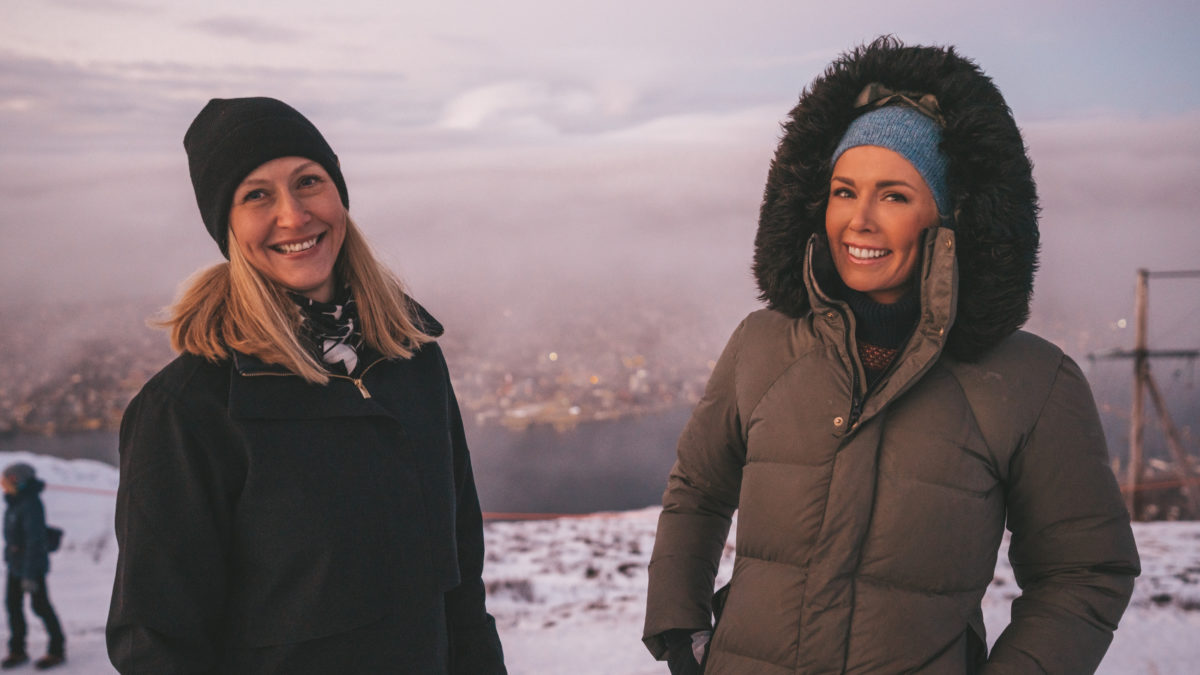
(Tromsø, Norway, December 14, 2020) The coming year is set to be critical to the future of global food systems: to what and how we eat.
The first ever UN summit on food will take place in September 2021, and EAT’s Founder and Executive Chair, Gunhild Stordalen, has been appointed by UN Deputy Secretary-General Amina Mohammed to lead efforts to both create demand for healthy and sustainable food and to reduce food waste.
One of the ambitions is to spearhead a global movement for sustainable food systems, and EAT is teaming up with a few strategic partners to collaborate on initiatives and activities.
It is now clear that the Norwegian Seafood Council will be one of these strategic partners.
Norway – a seafood superpower
“When it comes to the ocean, Norway can become a global superpower. As a fishing and ocean industries nation we are already a major player, but with the necessary shift in global food systems – and the vital role sustainable seafood plays in this – it represents a unique opportunity for Norwegian seafood. In this, the Norwegian Seafood Council has a key role to play,” says Stordalen.
Changing the global food system towards increased production and consumption of sustainable foods is key to achieving the 1.5-degree target outlined in the Paris Agreement as well the UN Sustainable Development Goals, according to a recent report in Science magazine.
More food from the ocean
Seafood is being pointed to as an important part of the solution to feed a growing world population in a sustainable manner. But today, food from the oceans make up only 2 percent of global calorie intake.
“We will work towards putting increased consumption of healthy and sustainable seafood on the agenda globally. If we are to meet the UN Sustainable Development Goals by 2030, we need to eat more food from the oceans – and that starts with ensuring seafood gets a louder voice both in Norway and internationally,” says CEO of the Norwegian Seafood Council Renate Larsen.
EAT and the Norwegian Seafood Council’s strategic partnership agreement involves the sharing of expertise and knowledge that will contribute to sustainable solutions for seafood in Norway and around the world.
A growing international alliance
A number of activities in connection with the UN summit are already underway and EAT is at the center of an ever-growing alliance spanning science, politics and industry as well as civil society.
“The goal is to build a movement for change that can continue to grow long after the summit is over. In our view, mobilizing key players in the food system is key. The Norwegian Seafood Council has unique knowledge of consumers’ attitudes towards seafood all over the world. We look forward to sharing our knowledge and to speaking up for seafood as a key part of the solution for a sustainable and healthy food future,” says Stordalen.
“EAT and the Norwegian Seafood Council have a common ambition to raise awareness of the importance that food from the ocean will play going forward. As one of the world’s leading seafood nations, Norway also has a particular responsibility,” says Larsen.
The Norwegian Seafood Council sees many opportunities in partnering with EAT.
“EAT has built up a strong position as a global platform and acts as a catalyst for the change and development of sustainable food production systems. Through this partnership, EAT’s research-based agenda to increase the share of food from the sea will gain even more traction,” says Larsen.